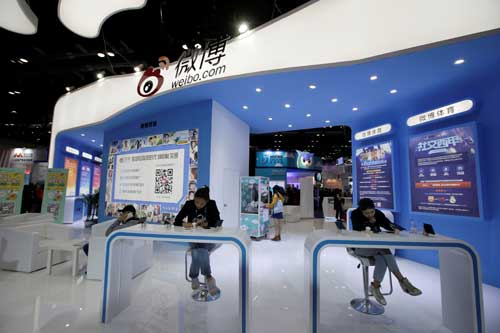Washington, D.C., May 3, 2017–The Committee to Protect Journalists strongly condemns China’s move on Tuesday to impose yet more stringent controls on the media and free expression by requiring strict licensing requirements for virtually all forms of news distribution.
The new regulations, issued by the Cyberspace Administration of China, require that news websites be incorporated in China and be managed by a Chinese citizen. Joint ventures involved in gathering or disseminating news need special security clearance. Business and news operations are to be separated, with only publicly-funded news gathering operations allowed. A range of fines, generally up to 30,000 yuan (US$4353), is specified for different infractions, which may also be referred for criminal investigation.
“Beijing’s latest measures plainly rule out any serious dissent or challenge to the official Communist Party line, and they may help prop up Party rule in the short run,” said Steven Butler, CPJ Asia program coordinator. “But they take the country in precisely the wrong direction as Chinese society and its economy demand an ever more free flow of information.”
The regulations amount to a comprehensive codification of rules introduced in July 2016 to govern websites, software applications, forums, blogs, microblogs, social media accounts, instant messaging, and webcasts. Content covered includes reports and comments on social and public affairs, including politics, the economy, military and foreign affairs, as well as reports and comments on social emergencies.
According to the CAC, websites must “serve the people, serve socialism,” while giving “correct guidance” to public opinion. They must also “safeguard national interest.” The breadth of the rules appears to provide a legal basis for the government to intervene in all news-related activities.
While not all of the measures are new, their comprehensive formulation is a logical next step in a trend toward tighter controls as documented by CPJ. Their issuance follows the appointment of Xu Lin as director of the CAC in July 2016. Xu is a close associate of Chinese President Xi Jinping.
